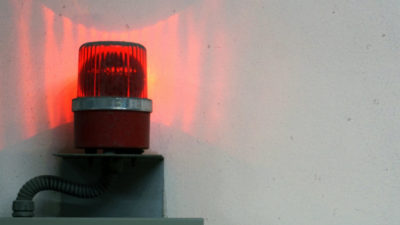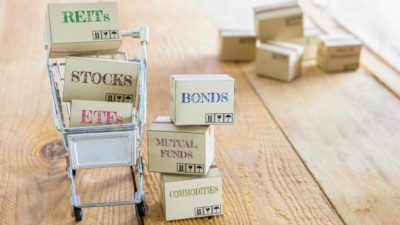If you’ve ever eaten chicken dipped in champagne and gold flakes at Popeyes Louisiana Kitchen, grabbed a coffee at Tim Hortons, or swung by Burger King for a, well, a burger, then you’ve already given Restaurant Brands International (TSX:QSR)(NYSE:QSR) some of your hard earned dollars. Today I’m going to go through some of the data for this stock and see whether it’s worth investing even more of them in this multi-franchise company.
PR woes and Chinese expansion
It’s been a rollercoaster of a year for Restaurant Brands International, with much of its headline news coming from the Tim Hortons chain and the way that it’s been presented in the media. A string of PR disasters has seen its parent stock drop a number of times, with some relief coming from plans to expand into the fast food market in China: 1,500 stores are slated to spring up there over the next ten years.
Value investors are quick to point out a P/E of 17.6 times earnings – only a shade higher than the industry average of 17.2 times earnings, and just a couple of percentage points above the TSX index itself. A market cap of $28 billion coupled with this apparently good value often has would-be investors salivating.
However, canny multiple-watchers should be aware that this stock has a P/B ratio of 7 times book, meaning that you would be paying that many times what it’s worth in terms of real-world assets. It’s also selling at more than twice its future cash flow value, and has a PEG of 4 times growth. Suddenly it doesn’t look that tasty anymore.
Big recent growth, but a mediocre dividend yield
A one-year past earnings growth of 132.8% is pretty exciting, though, and smashes the industry average of 23.2% into a meat patty while also exceeding its own five-year average past earnings growth of 34.2%. A low 4.4% expected annual growth in earnings over the next couple years leaves a bad taste in the mouth, however.
In terms of quality, Restaurant Brands International is all over the place: last year’s return on equity of 34% is significantly positive, but is badly let down by proportional debt currently up at 286.4% of net worth. A dividend yield of 3.11% is more of a mouthful than a meal, and doesn’t make up for the risk involved by getting into a stock that carries this much fiscal liability.
Inside buying and selling is often a good indicator of how those in the know see a stock performing in the future. Looking at insider transactions, we can see that in the last 9-12 months over 4 million shares were sold, compared to under 400,000 bought. That’s quite a difference in volumes and doesn’t bode well for insider confidence.
U.S. competitors include Darden Restaurants, Starbucks, and Chipotle Mexican Grill. Interestingly, none of these offer good value, either, and none have a good overall strength rating; the latter, however, does have a sturdy balance sheet and good growth prospects.
The bottom line
Should you buy? The dividend is a little small and contrasts poorly with that high debt, making this one to watch for a value opportunity. If that happens, then the quality signified by a solid ROE coupled with that large one-year growth in earnings could potentially make it a contender for a portfolio light on hospitalities.








